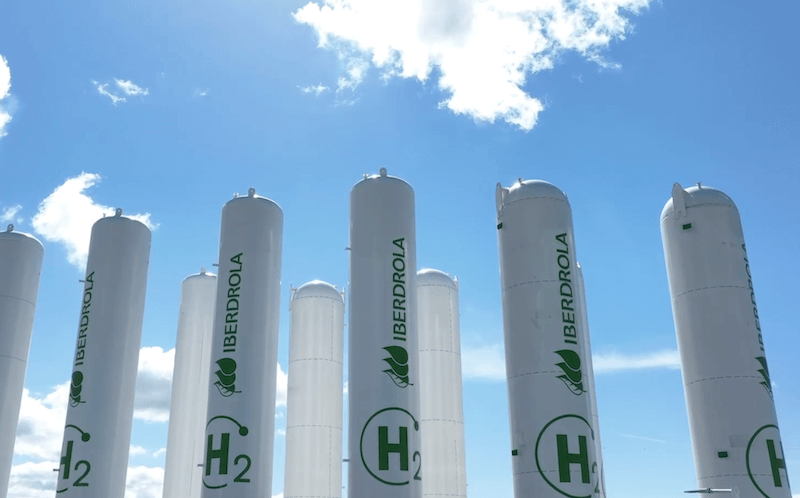It’s a lustrous, very hard, silvery metal and some would argue that the world’s prospects of bringing about the climate transition are being jeopardised by doubts about its future availability. Cobalt, which is found in the earth’s crust, has been identified as one of the metal ores which must be mined more extensively if storage is to play a key role in future energy systems around the globe. This is because cobalt increases both battery life and energy density. The problem is mining cobalt is fraught with difficulties.
.jpg)


.jpg)
.jpg)
.jpg)




.jpg)
